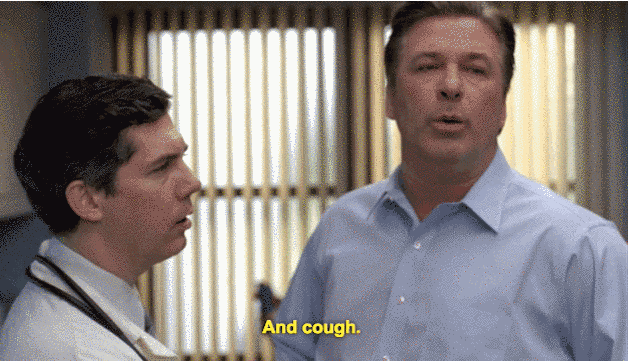
Maybe it’s just supposed to be a rite of passage. I remember sports physicals when I was a high school athlete. The whole team would line up in the gym in our t shirts and shorts and some old doc from town would go down the line. Of course, what all the guys talked about was “Turn your head and cough”. Now I’m an old doc from town and I find myself doing things differently.
It took a while. When I was a young doc in town we would have “sports physical night”, put an ad in the paper, charge $20, and run them through. I’m not proud to say I’ve done 30 “sports physicals” in two hours. And I wasn’t the fastest doc by any means.
What was the purpose? I came to realize, the requirement for a sports exam by a medical provider mainly shifted the liability risk from schools to us. I came to believe us medical providers were participating in a sham. So, I started doing things differently.
I was glad to do a sports physical for any patient, but I preferred if they would be for families under my care. I asked that they be scheduled regularly, I had evening hours one day a week, and I would only charge what the going “sports physical” rate was at the time. But I wanted these young folks to realize I was interested in their health, not just participating in a sham.
Young people need to know they are valuable and running them through in a mass tells them they are not. Further, there are some important issues to discuss.
The highest risk for serious injury or death to a teenager will happen behind the wheel of a car. We sure didn’t talk about seat belts on “sports physical night”. I do now when I see a young person for a sports exam. It may be my only chance.
The second highest cause of death in this age group is suicide. And Idaho often has one of the highest rates in the nation. That risk factor doesn’t get discussed when we just have them “turn your head and cough”. I look for it now. In fact, I tell the young student this. I ask if they had such thoughts, who would they talk to? Most shrug, some nod toward their parent. I let them know such thoughts are common but can be a sign of a problem. I ask them to please speak to someone, their parent, or me, if they feel so burdened. Such conversations I hope, let them know the door is open. And they are valuable.
And I try to establish a relationship. It’s good if the parents are there, to see how the young athlete and parent interact, but the athlete gets the questions. And they are expected to answer, not the parent. I’ve had to ask pushy parents to step out in the hall.
Then I do a brief physical, looking for loose or tight ankles, posture, skin, heart, and lungs, and indeed, turn your head and cough.
But the most important question for any athlete, indeed most patients in general, has to do with your relationship with your body. Playing sports, you ask your body to do things. Do you listen when your body talks to you? It might scream about doing one more lap. Can you calm it down to be quiet so you can keep running?
What if it tells you something hurts in a different way, are you going to listen? You have to have a good dialogue with your body, you can’t ignore its messages if you want it to work for you.
Healthy teenagers rarely see a medical provider unless they have an acute injury or illness. But these valuable young people are worth our time and investment.
